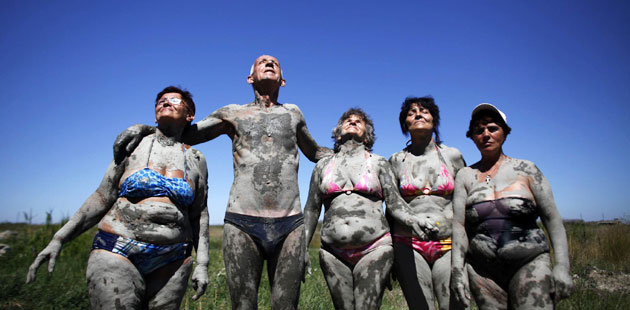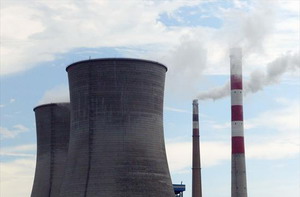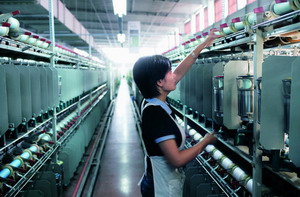Steelmakers hunting for coking coal
Updated: 2011-08-25 10:09
By Zhang Qi (China Daily)
|
|||||||||||
BEIJING - Chinese steelmakers are scrambling to buy coking coal mines in Mongolia, China's largest supplier of the fuel.
China is the world's biggest steel producer and needs the coke to keep its blast furnaces in operation.
State-owned steel makers, including Baosteel Group Corp and Jinan Iron & Steel Group Corp, are eyeing projects in Mongolia, which has vast quantities of untapped minerals, according to sources familiar with the situation.
Xinjiang Bayi Iron and Steel Co Ltd, a subsidiary of Baosteel, has a 10-year contract for supply of coking coal from Mongolia Energy Corp Ltd (MEC). Baosteel has also expressed an interest in buying a stake in MEC's coking coal project in the Khovd province in western Mongolia, the sources said.
In July, Jinan Iron & Steel and the Aluminum Corporation of China (Chinalco) signed contracts with Mongolia's State-owned operator, Erdenes Tavan Tolgoi LLC for coal supplies worth $250 million from deposits in the East Tsankhi area.
The sources said that both Jinan Iron & Steel and Chinalco are also looking to purchase mines in East Tsankhi.
"Mongolia has rich untapped reserves and the location is very attractive for Chinese companies," said Huang Shengchu, president of the China Coal Information Institute.
The Tavan Tolgoi deposit, which is only 270 kilometers from the Chinese border, is considered the world's largest untapped source of coking coal. Mongolia's National Mining Association expects coal production to increase to 60 million tons by 2015 from 22.5 million tons in 2010.
Tavan Tolgoi (TT) holds an estimated reserve of 6.4 billion tons of coal, including large amounts of coking coal.
While the Mongolian government will control of TT's East Tsankhi block, it announced in July that it had selected a consortium of Chinese, US and Russian companies to develop the West Tsankhi block.
Shenhua Group Corp Ltd, China's largest mining company by output, will have a 40 percent stake in the coalfield with the largest US coal producer Peabody Energy Corp holding 24 percent. The Russian Railway-led consortium will have a stake of 18 percent, and the Mongolians will hold the remainder.
However, the situation has been thrown into uncertainty after Mongolia's President Tsakhia Elbegdorj said on Aug 20 that the country was rethinking development plans for the mine in the light of negative public opinion.
Huang said the uncertainty over the West Tsankhi project will not deter China from seeking coking coal in Mongolia. Although China is currently more than 90 percent self-sufficient in the fuel, it will become increasingly dependent on imported resources, especially from nearby Mongolia, as a result of rising demand and the government's policy of protecting domestic supplies.
Related Stories
Steel producer to more than double output 2011-06-30 10:44
Baosteel inks coal import deal with Rio Tinto 2011-03-01 17:31
Chinese, Mongolian firms ink $250m deal 2011-07-29 14:29
Shenhua wins 40% stake in coal project 2011-07-06 09:48
- Ministry looks into Nestle and Yum
- BYD to sell electric buses to Taiwan
- COSCO seeks to ease worries over bills
- Gaopeng cuts a 'turning point' for group buying
- China facing pressure from US, EU debts
- CNOOC's H1 net profit jumps 51.4%
- China Life plans 'more regular' issues of debt
- UPS to open new branch in Central China













